As one of the units receiving non-refundable support capital from the Japanese Government, Ninh Binh College of Mechanics clearly identified this as an opportunity for the school to improve its facilities; form a raw material area to serve and strongly develop the culinary profession.
Hoang Anh Tu, from Ninh Hai commune (Hoa Lu district). After graduating from high school, instead of going to university, Anh Tu registered to study culinary arts at the Faculty of Tourism Economics (Ninh Binh College of Mechanics) because according to Tu, this is a very promising profession, suitable for the development trend of his locality. With passion, enthusiasm and increasingly improved professional skills during the learning process, Anh Tu won a high prize in the provincial vocational skills competition held in 2023. Anh Tu is even more confident about his upcoming plans in the future.
"After graduating, I will work for big restaurants. It is both to learn more skills and culinary culture of many places and to save money. My future goal is to open my own restaurant in my hometown. The menu will be a collection of typical dishes of my home province. For me, cuisine is not just food but also an "ambassador" for the chef to convey culture, feelings, and respect to visitors from near and far" - Anh Tu said.
Cooking has been taught at Ninh Binh College of Mechanics since 2017. Currently, there are about 500 students studying cooking at both intermediate and college levels. Teaching cooking, teachers not only pass on knowledge, experience and skills but also spread the passion for cuisine, gain a deeper understanding of culinary culture and continue to promote the quintessence of culinary values, especially the cuisine of the ancient capital to generations of students.
According to statistics, since the school started teaching culinary arts, it has trained and guided thousands of graduates. Many of them have become culinary teachers, many are head chefs in large restaurants and hotels, and many have succeeded in opening their own restaurants. The trained workforce has been added to the labor force for the service and tourism sectors of the province. This is one of the occupations that the province has identified as a key focus in the current period, requiring not only sufficient quantity but also improved quality.

As one of the prestigious addresses for training human resources for the culinary arts profession, many businesses in the service and tourism sectors have placed orders, however, according to Ms. Le Thi Hanh, Head of the Department of Tourism Economics, Ninh Binh College of Mechanics, the development of the culinary arts profession still faces many difficulties. One of the major limitations affecting the expansion and improvement of the culinary profession in schools is that the school lacks modern facilities and equipment; lacks a raw material farming area for students to have a variety of ingredients to ensure the practice of preparing dishes. In addition, when growing and caring for the ingredients used in cooking organically, students will also raise awareness in using clean products, ensuring food safety and good for the health of users.
And recently, good news has come to teachers and students of Ninh Binh College of Mechanics. Accordingly, the Embassy of Japan in Vietnam has signed a non-refundable aid contract for 8 projects across the country with a total aid value of 900 thousand USD. Ninh Binh College of Mechanics is one of the units that has benefited from this support to supplement and complete the equipment for vocational training in food processing techniques.
Assessing this support, Mr. Nguyen Xuan Thinh, Vice Principal of Ninh Binh College of Mechanics, said that the support from the Government and people of Japan is very meaningful. The project will help students from rural, remote, ethnic minority areas, people with disabilities, people with difficult economic circumstances, etc., when studying culinary arts to study a new training program with advanced, modern equipment from Japan. In particular, the school has the opportunity to open a raw material growing area to serve the culinary profession - a field of study that is being identified as a key focus.
In addition, through the learning process, students also directly participate in planting and caring for raw materials, thereby developing a love for agriculture, knowledge, and skills to confidently participate in the production chain and processing clean agriculture according to Japanese standards. The school also has the conditions to create a support fund for students; improve the capacity and quality of training in occupations serving agriculture and rural areas.
With that special meaning, the school commits to implementing the approved content, and hopes that after this project is signed, the Japanese Government and the Japanese Embassy in Vietnam will continue to pay attention to supporting the Vietnamese people in general, Ninh Binh College of Mechanics in particular in the field of vocational training, especially the group of occupations serving agriculture and rural development of Vietnam.
Article and photos: Dao Hang
Source




![[Photo] "Beauties" participate in the parade rehearsal at Bien Hoa airport](https://vstatic.vietnam.vn/vietnam/resource/IMAGE/2025/4/11/155502af3384431e918de0e2e585d13a)
![[Photo] Looking back at the impressive moments of the Vietnamese rescue team in Myanmar](https://vstatic.vietnam.vn/vietnam/resource/IMAGE/2025/4/11/5623ca902a934e19b604c718265249d0)








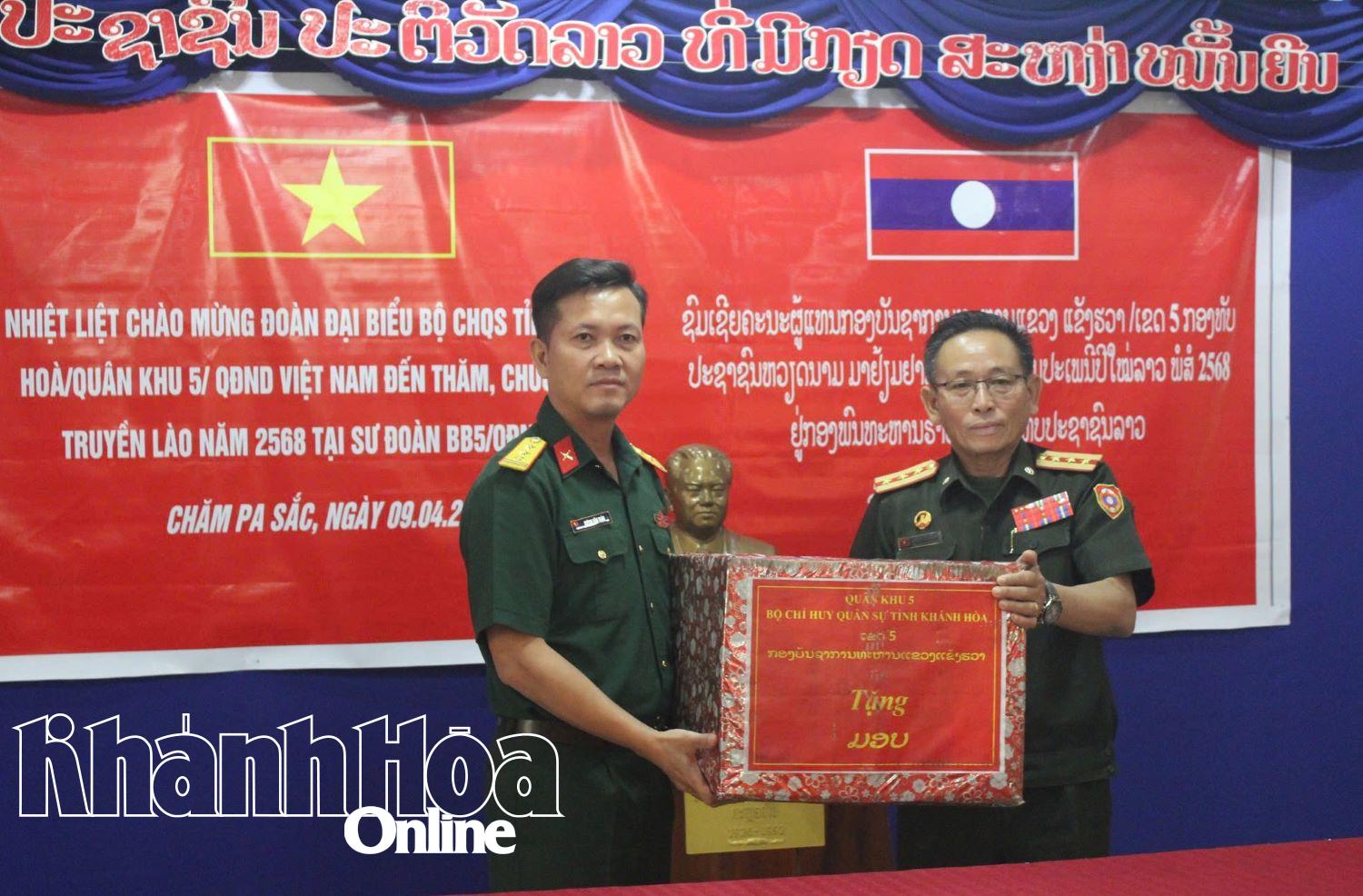
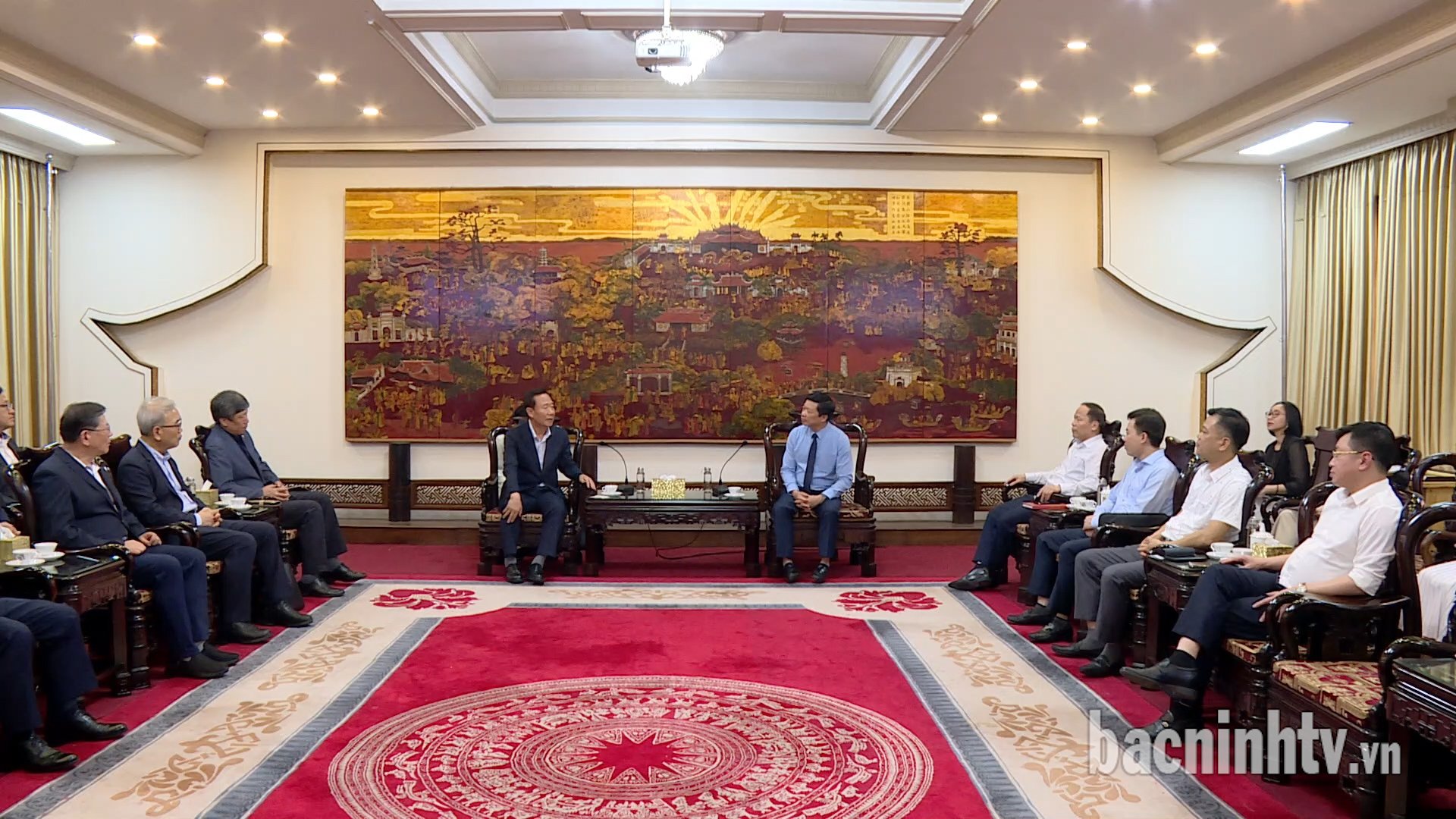



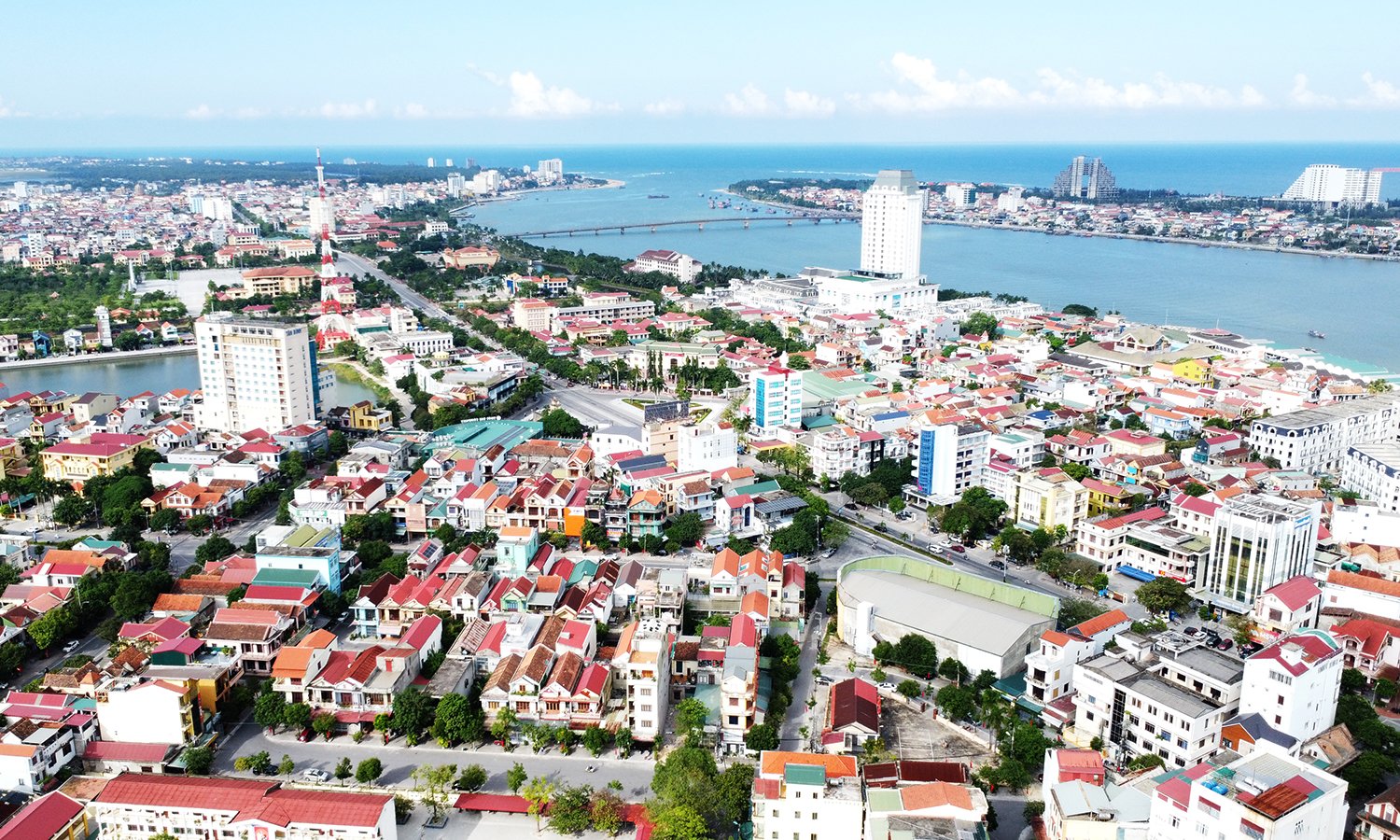
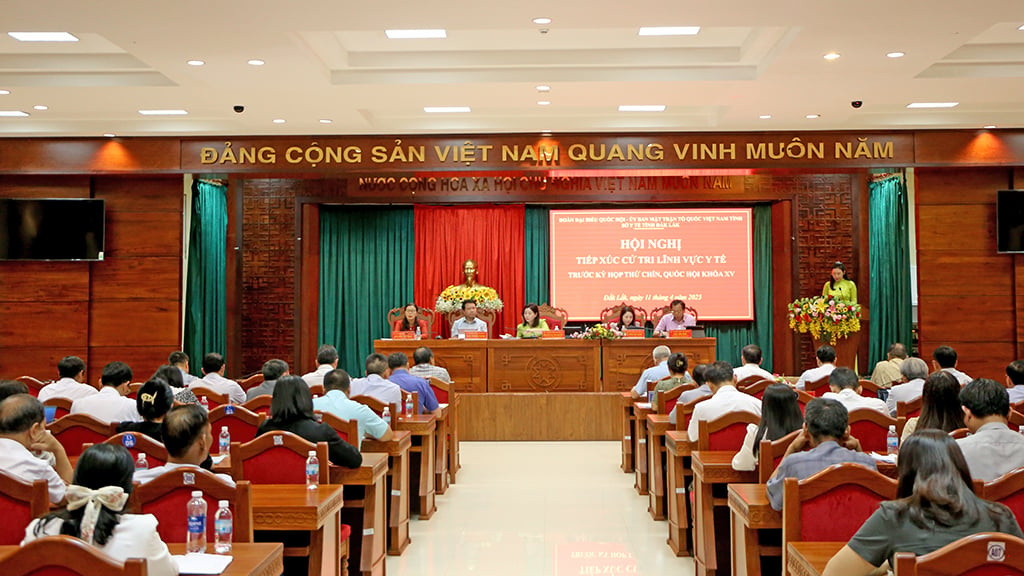



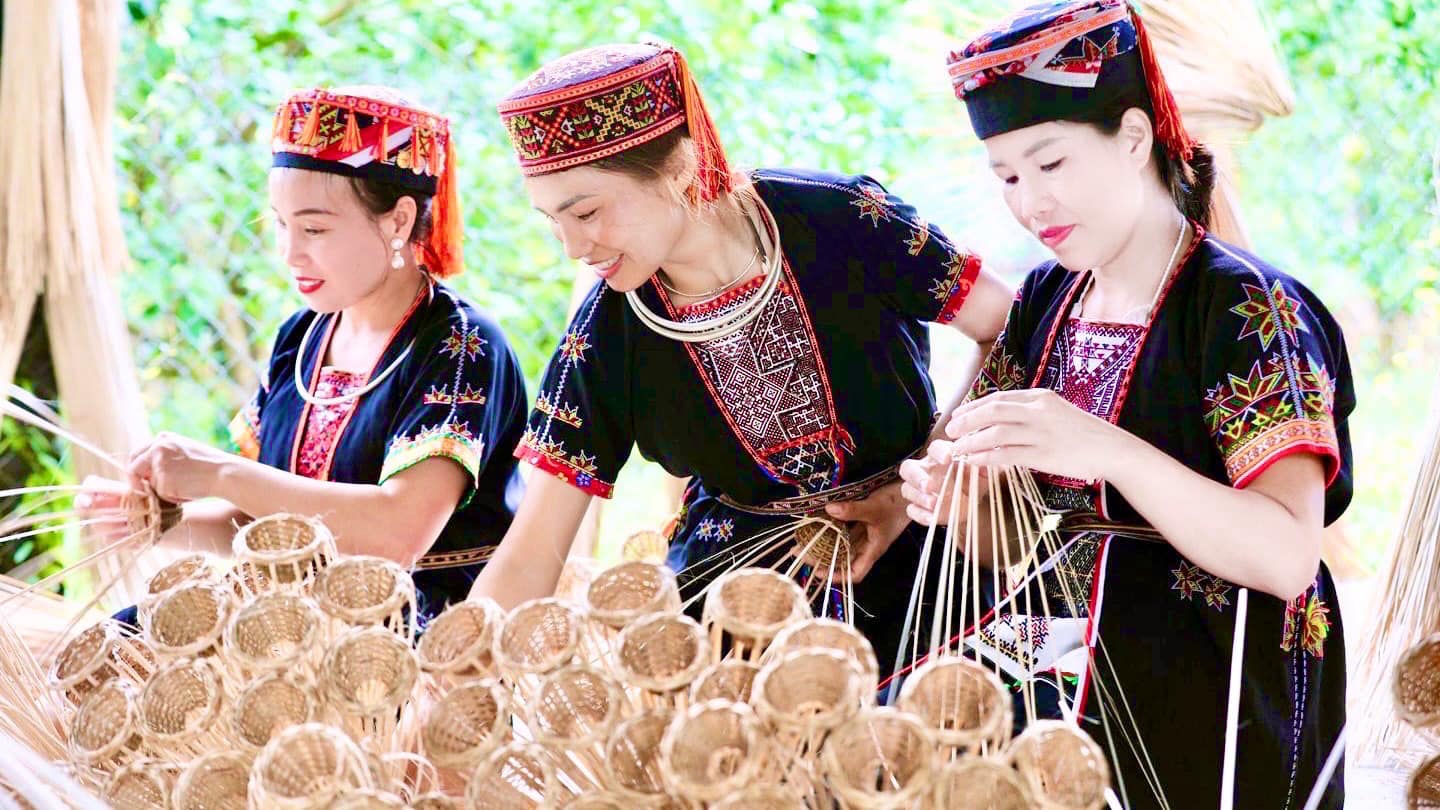

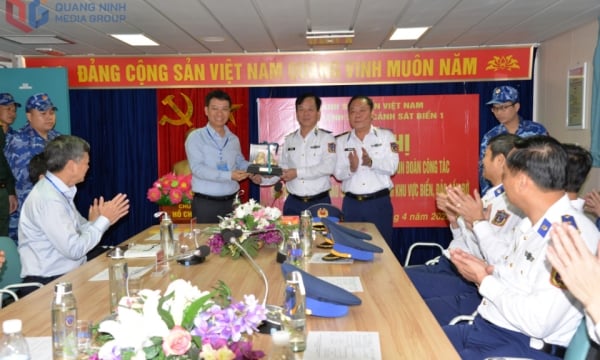

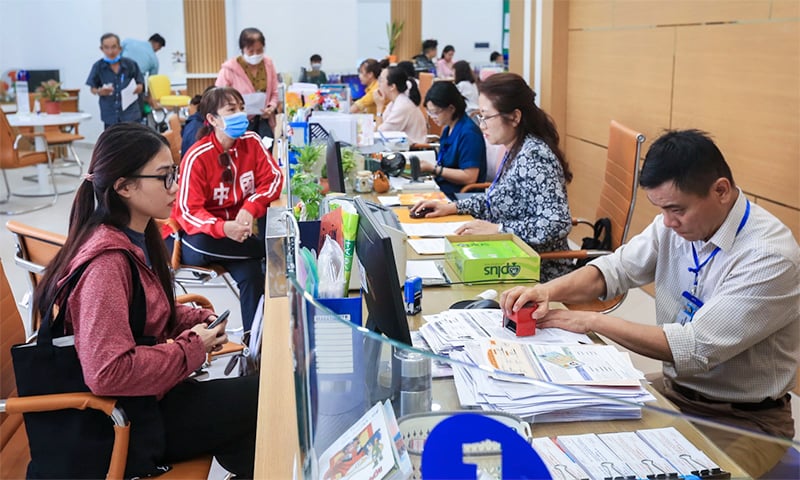

![[Photo] Summary of parade practice in preparation for the April 30th celebration](https://vstatic.vietnam.vn/vietnam/resource/IMAGE/2025/4/11/78cfee0f2cc045b387ff1a4362b5950f)



































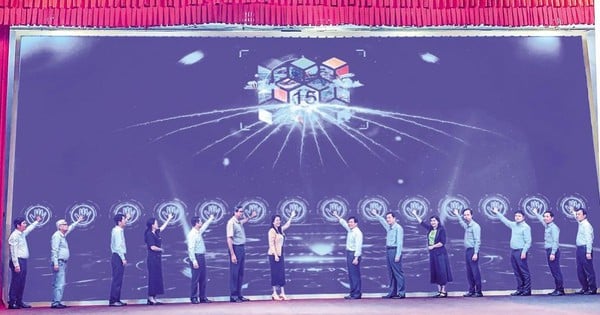

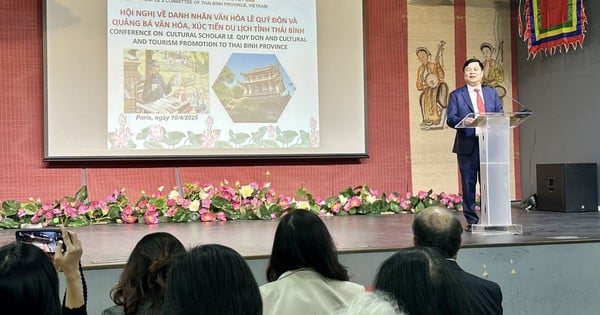
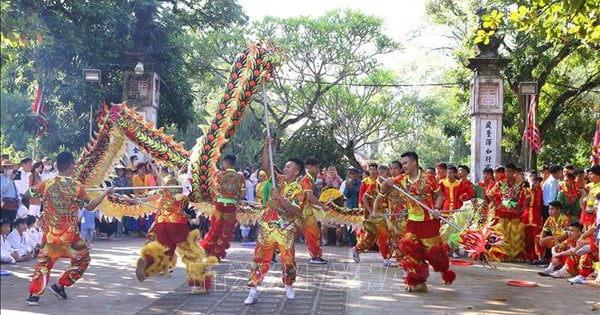
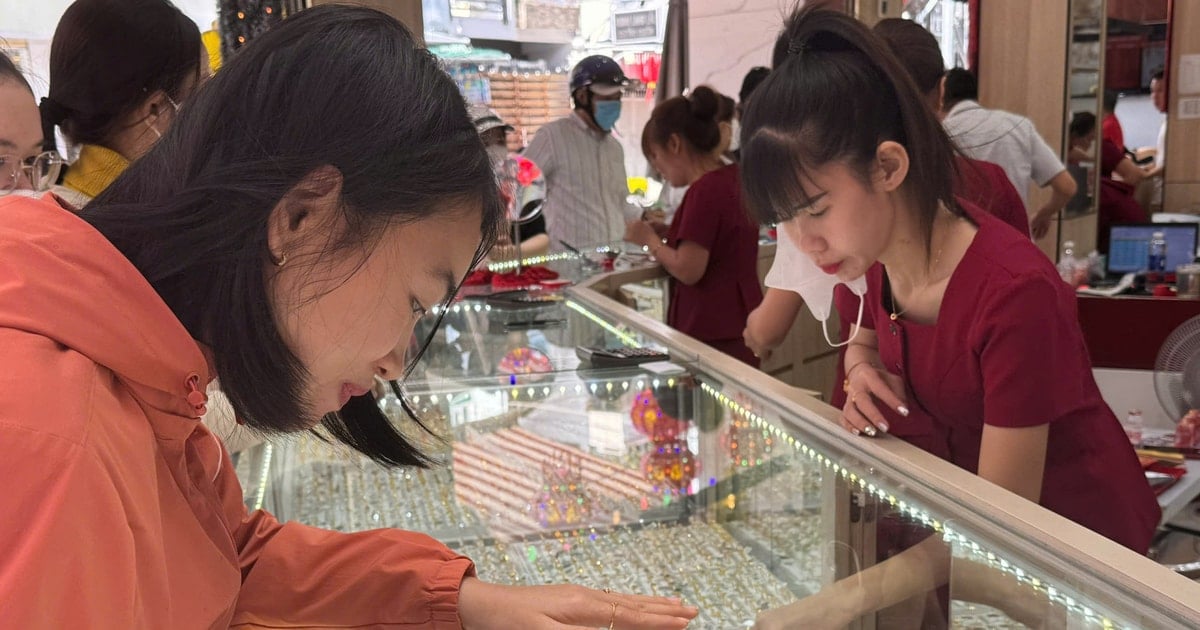



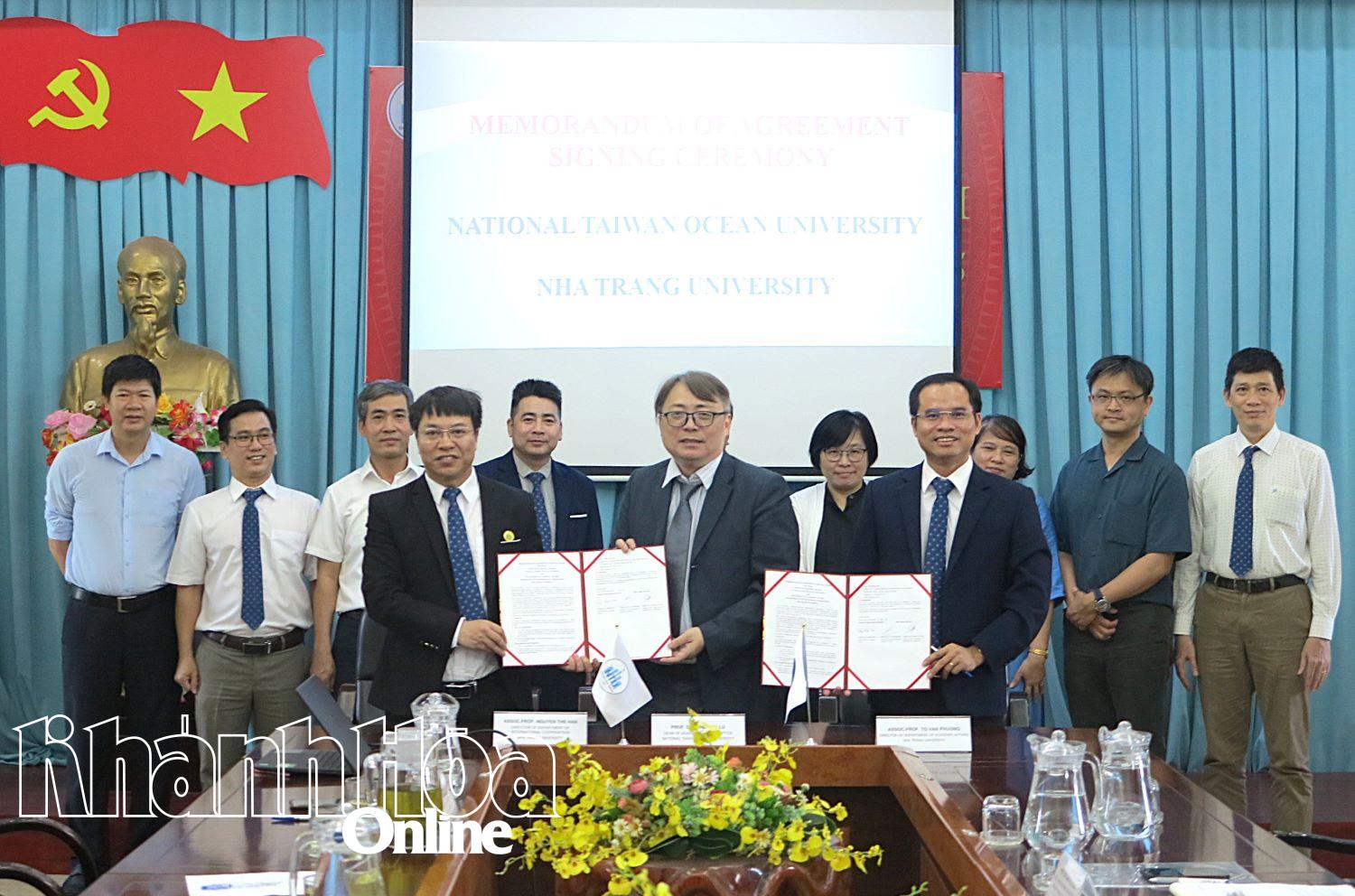





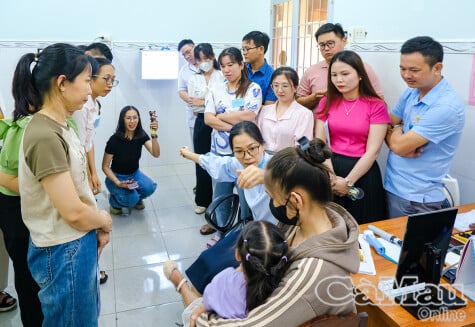











Comment (0)